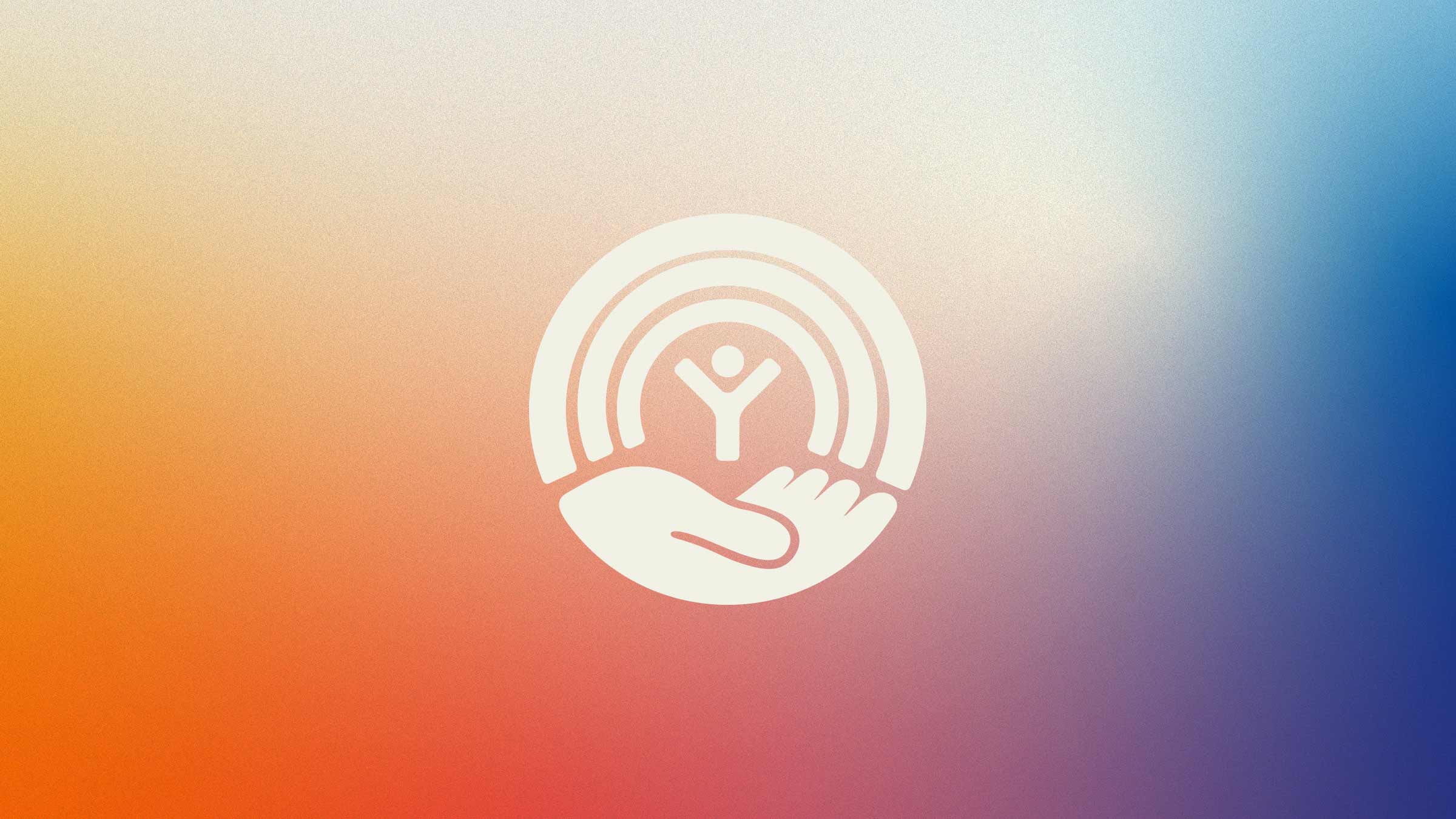
Greater Twin Cities United Way (United Way) announced today it will provide a fourth wave of community support totaling $1.15 million from its Greater Twin Cities COVID-19 Response and Recovery Fund. Available in October, United Way will grant $350,000 to community-based organizations partnering with public schools to address student needs in St. Paul’s North End and Minneapolis’ Phillips/Ventura Village neighborhoods. Another $800,000 in grants – dispersed this week – as well as coaching from consultants will support the long-term sustainability of United Way’s 95 nonprofit partners as they experience expense increases and revenue declines in the face of COVID-19.
“Due to the pandemic, sheltering in place and distance learning, students have experienced many challenges, and our nonprofit sector is working rapidly to respond to unanticipated expenses to support youth and families,” said John Wilgers, President & CEO of Greater Twin Cities United Way. “This wave of support will address the dramatic increase in the number of people who need education, food, housing, childcare and employment services while helping nonprofits deliver and fund those services.”
Including this wave of funding, United Way has provided a total of $2.365 million in grants since March to nonprofits directly serving people in the Greater Twin Cities community.
Grants totaling $350,000 will provide culturally responsive support to address gaps that leaders in each neighborhood identified, which may include:
United Way invited nonprofits that are partnering effectively with schools to support the needs of vulnerable students in the two neighborhoods in St. Paul and Minneapolis – including organizations beyond United Way’s currently funded partners – to apply for the Student and Family Empowerment grants. Grants will be dispersed to selected nonprofits the week of Oct. 12. Community members, education leaders, students and parents identified the nonprofits doing the most effective work.
According to McKinsey & Co., learning loss due to COVID-19 is disproportionately impacting students from families with low incomes and students of color1. United Way identified St. Paul’s North End and Minneapolis’ Phillips/Ventura Village as neighborhoods most impacted by the pandemic in partnership with the Governor’s Children’s Cabinet, leveraging the CDC’s Social Vulnerability Index data2 and distance learning plans from the school districts.
Before COVID-19, Minnesota’s academic opportunity gap between students of color and white students was the worst in the nation, and COVID-19 is exacerbating the issue.
The other $800,000 in wave four grants from the Greater Twin Cities COVID-19 Response and Recovery Fund – as well as coaching support – will address the following challenges United Way’s nonprofit partners identified:
Expert coaching services for United Way’s 95 nonprofit partners will begin in October 2020, including strategic planning, fostering emotional wellbeing among employees and the people they serve, financial practices and fundraising strategies.
“The dual strategy we are taking with this round of support allows organizations to meet a dynamic service environment and easily access assistance from experts toward a more stable future,” said Acooa Ellis, Senior Vice President of Community Impact, Greater Twin Cities United Way. “This is another example of us flexing in real time to bring the full breadth of Greater Twin Cities United Way tools and relationships to bear in service to our nonprofit partners and the people they serve.”
Many companies and foundations have provided generous donations to the Greater Twin Cities COVID-19 Response and Recovery Fund to support communities locally and across the country in markets where they have a presence. Those include 3M, Ames Construction, Andersen Corporate Foundation, Bremer Bank, CHS, Inc., General Mills Foundation, Liberty Diversified International, Medica Foundation, Medtronic Foundation, Pentair, RBC Wealth Management, The Toro Company, Travelers and more.
Editor’s/Producer’s Note:
[1] COVID-19 and student learning in the United States: The hurt could last a lifetime. McKinsey & Co. https://www.mckinsey.com/industries/public-and-social-sector/our-insights/covid-19-and-student-learning-in-the-united-states-the-hurt-could-last-a-lifetime#
[2] The Social Vulnerability Index compiles census, SNAP, HUD and COVID-19 data from the Minnesota Department of Health into an index that includes: poverty level, vehicle access, COVID positivity rate, unemployment claims, residence in crowded housing, English proficiency, education level and rate of SNAP applications.
###
About Greater Twin Cities United Way: Greater Twin Cities United Way unites changemakers, advocates for social good and develops solutions to address the challenges no one can solve alone to create a community where all people thrive, regardless of income, race or place. For more information, visit www.gtcuw.org and follow us on Facebook, Twitter, Instagram and LinkedIn.